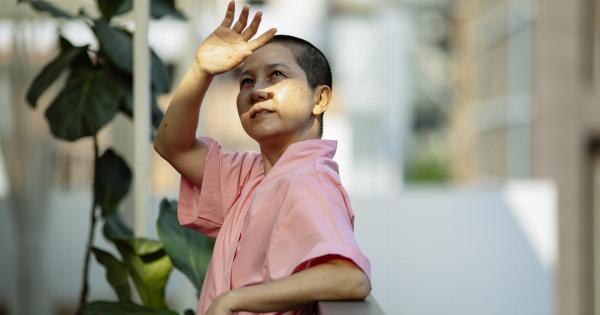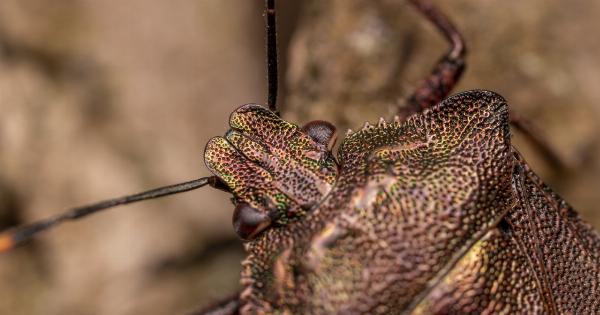Being bitten by an insect can be annoying, painful and, in some cases, dangerous. Insect bites can result in a range of symptoms, including itching, swelling, redness and pain.
In some cases, an insect bite can cause an allergic reaction or transmit a disease.
1. Identify the Insect Bite
The first step in treating an insect bite is to identify the insect that caused it. Different insects can cause different reactions, so it is important to know what kind of insect you are dealing with. Some common insects that bite include:.
- Mosquitoes
- Wasps
- Bees
- Ticks
- Ants
- Spiders
If you are unsure what kind of insect caused the bite, you can look for some telltale signs.
For example, mosquito bites typically appear as small, round, raised bumps; bee stings often leave a stinger behind, and tick bites can appear as a red bullseye.
2. Clean the Bite Area
Once you have identified the insect bite, the next step is to clean the bite area. This can help alleviate some of the symptoms and prevent infection. To clean the bite, use soap and water and gently wash the area. Then, dry it with a clean towel.
Avoid rubbing the area, as this can make the symptoms worse.
3. Apply Ice or a Cold Compress
If the bite is causing pain, swelling or redness, you can apply ice or a cold compress to the area. This can help alleviate some of the symptoms. To apply ice or a cold compress, place it on the affected area for 10-15 minutes at a time. Repeat as needed.
4. Use Over-the-Counter Medications
If the symptoms of the insect bite are particularly bothersome, you can use over-the-counter medications to alleviate them. For example, antihistamines can help reduce itching, and pain relievers can help reduce pain and swelling.
Make sure to follow the instructions on the packaging and only use the medication as directed.
5. Monitor for Signs of an Allergic Reaction
In some cases, an insect bite can cause an allergic reaction. If you experience any of the following symptoms, seek medical attention right away:.
- Hives
- Sudden swelling of the face, lips, tongue or throat
- Difficulty breathing
- Dizziness or fainting
- Nausea or vomiting
6. Seek Medical Attention for a Tick Bite
If you are bitten by a tick, it is important to seek medical attention right away. Ticks can transmit diseases such as Lyme disease, and early treatment is key to preventing complications.
7. Prevent Future Insect Bites
Prevention is key when it comes to insect bites. To prevent future bites, follow these tips:.
- Wear insect repellent when outdoors
- Cover up with long sleeves and pants
- Avoid being outdoors during peak mosquito hours (dusk and dawn)
- Keep doors and windows screened
Conclusion
Insect bites can be irritating, but in most cases, they can be treated at home. By following these tips, you can alleviate the symptoms of an insect bite and prevent future bites from occurring.





























